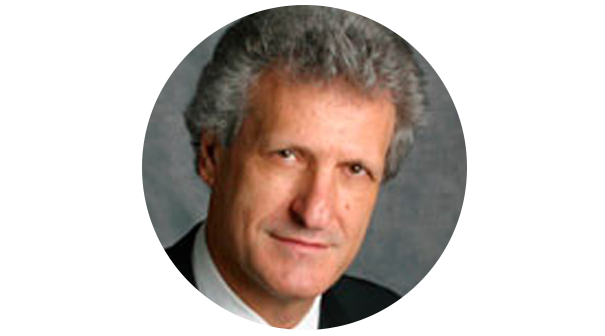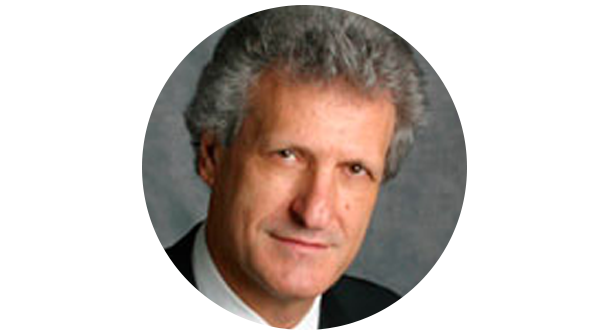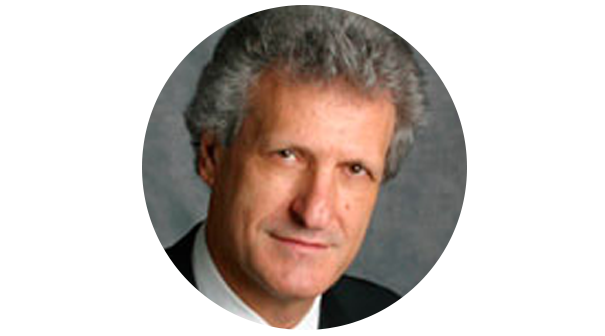Zelensky in Ottawa:
a public relations disaster
TORONTO – It has always been thus: when the shooting starts, truth is the first casualty. Until very recently, Ukraine’s President Volodymir Zelensky’s well-cultivated image as a victim of aggression and defender of democracy (ours) went unchallenged. The spotlight was on his truth.
It did not hurt the cause that the aggressor/bad guy was, and continues to be, Russia. European nations went out of their way, and at great cost financially, to alter their traditional economic and political relationship with Russia in support of Ukraine.
Refugees in their millions poured out of the country and flooded European nations in numbers not seen anywhere since World War II. Poland, with her physical proximity and cultural similarities, welcomed the largest single group – over two million, as of July 2022. Many moved on. Russia now is home to the largest number of Ukrainian refugees according to data compiled by Statista.
More distant countries to the West took the emigres into their borders in their hundreds of thousand. Italy being among the most receptive of this latter group.
How many expected the war, or rather the pummeling, to endure this long? Zelensky travelled far and wide, in person and via video to maintain the pristine image of a country whose only fault was that it wanted to be a productive member of an organization – NATO – whose primary goal was the maintenance of military peace.
All wars come to an end. China, India, lesser powers and marginalized states in other hemispheres began to prepare for that eventuality. Canada has chosen a different rhythm and timetable.
Some European nations have begun to ease their pro-Ukraine stance. Poland, for example, has diplomatically suggested that Zelensky may be too demanding of his neighbours. Hungary has been firmer regarding its own needs. Slovakia’s newly elected government appears downright hostile in comparison: it will not support Ukraine’s application for membership in NATO.
Many member states of the UN General Assembly developed a Diplomatic Flu two weeks ago when Zelensky, whose trademark attire for foreign visitations is green battle fatigues, made an appearance to plead for on-going aid. The USA, embroiled in its internal budgetary crisis, waited conveniently for his departure to announce its negotiated deal… minus the certainty of aid for Ukraine.
Canada preceded Zelensky’s arrival with announcements of unrelenting support adding another $100 million to the estimated $8 billion it has already committed. The government turned the House of Commons into a theatre for the President’s performance. The public gallery was replete with special guests to commemorate the event with their presence and with the weight of their persona.
Oops. One of personalities was 98-year-old Yaroslav Hunka, a World War II veteran who had earned his reputation as a Ukraine nationalist fighting against Russia (Canada’s ally at the time) and for Nazi Germany (our enemies at the time). Everyone, including our Prime Minister and his Ministers of Ukrainian and Jewish background jumped to their feet to applaud enthusiastically when the old man was introduced.
It is inconceivable that they would have been unaware of Hunka’s background. His presence would have sent a message to Russia, which apparently welcomed being reminded. Its communications branch turned the world’s attention to readily, publicly, available information regarding Hunka’s Nazi past. Not a good story if people count you among the self righteous. Great story if you are promoting the Russian line that Ukraine is in the grip of Nazis.
Next? You guessed it. Everyone distanced themselves from the faux pas – and it made international headlines. Pro Jewish-Diaspora groups awoke from their slumber on the matter; Press and Media panels delighted in looking for a scapegoat and “demanded apologies” to cleanse the national soul.
The Speaker of the House of Commons, Anthony Rota claimed all responsibility and resigned. The Prime Minister stood in the House and apologized for everyone. No one else resigned.
For good measure, Jurij Klufas, head of the Ukrainian National Federation of Canada, a statement picked up by various media, via the Canadian Press, playing down the significance of Hunka’s past. For good measure, he indulged in a curious exercise of equivalency, informing all who wanted to know that Hunka’s case is not unlike that of any Italian immigrant male who served in the military for a Fascist government during World War II, prior to coming to Canada. Old habits die hard, one guesses.
And Hunka? He probably never imagined he could have made such a difference to Canada.




